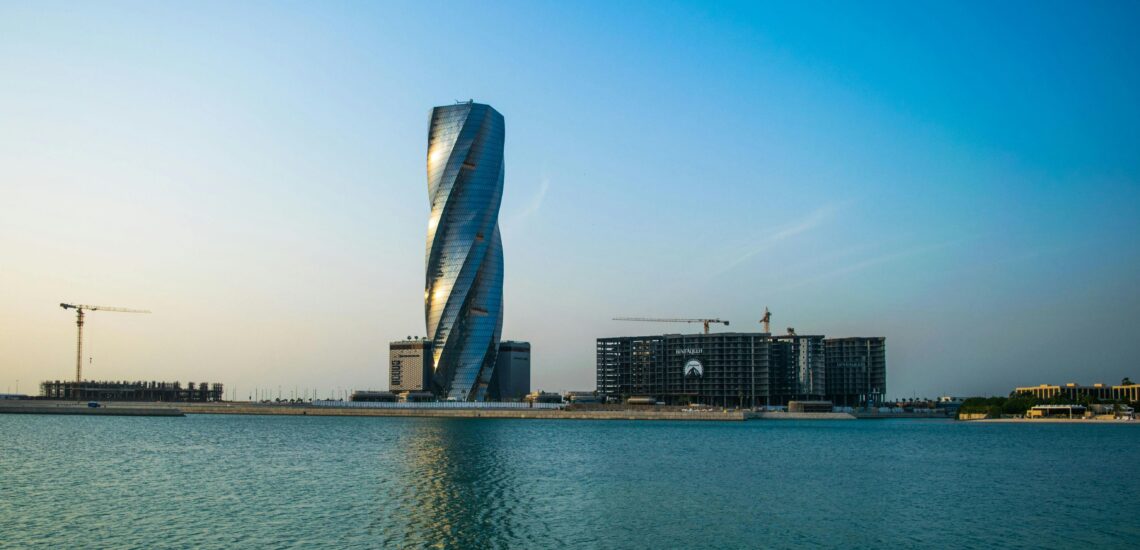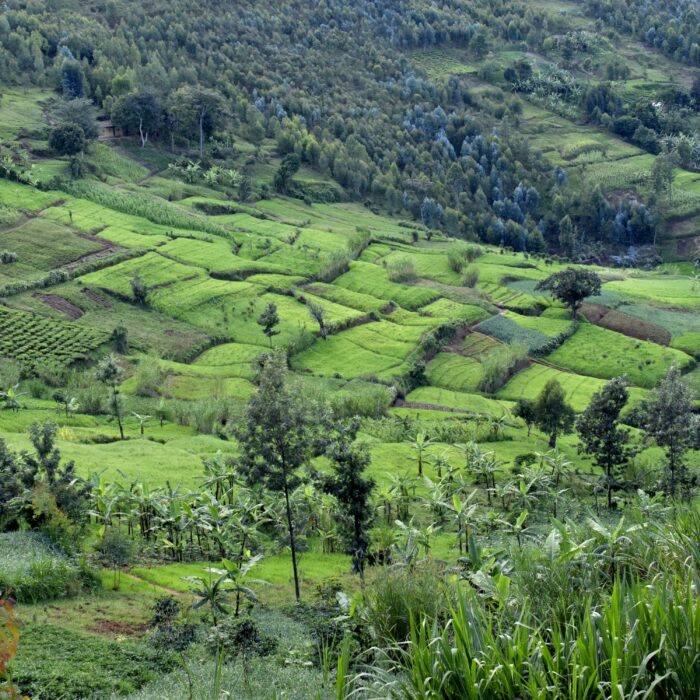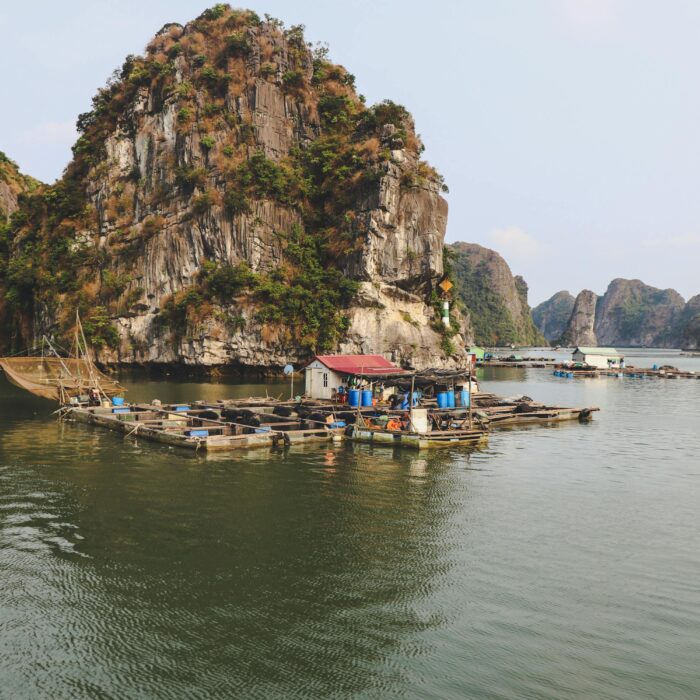Quick facts about Bahrain:
- Population: Approximately 1.7 million people.
- Capital: Manama.
- Largest City: Manama.
- Official Language: Arabic.
- Currency: Bahraini Dinar (BHD).
- Government: Unitary constitutional monarchy.
- Major Religion: Islam, predominantly Sunni, with a significant Shia minority.
- Geography: Located in the Middle East, Bahrain is an island country in the Persian Gulf, with no land borders. It is situated near Saudi Arabia to the west and Qatar to the south.
Fact 1: Bahrain is famous for pearls
Bahrain is renowned for its historical pearl diving industry, which has played a significant role in the country’s economy and culture. For centuries, Bahrain was a leading center of pearl production, with its divers seeking some of the world’s finest pearls from the Persian Gulf.
The pearling industry in Bahrain reached its peak in the 19th century and was a major economic driver before the discovery of oil. Bahraini pearls were highly prized for their quality and luster, contributing to the country’s wealth and status in the region.
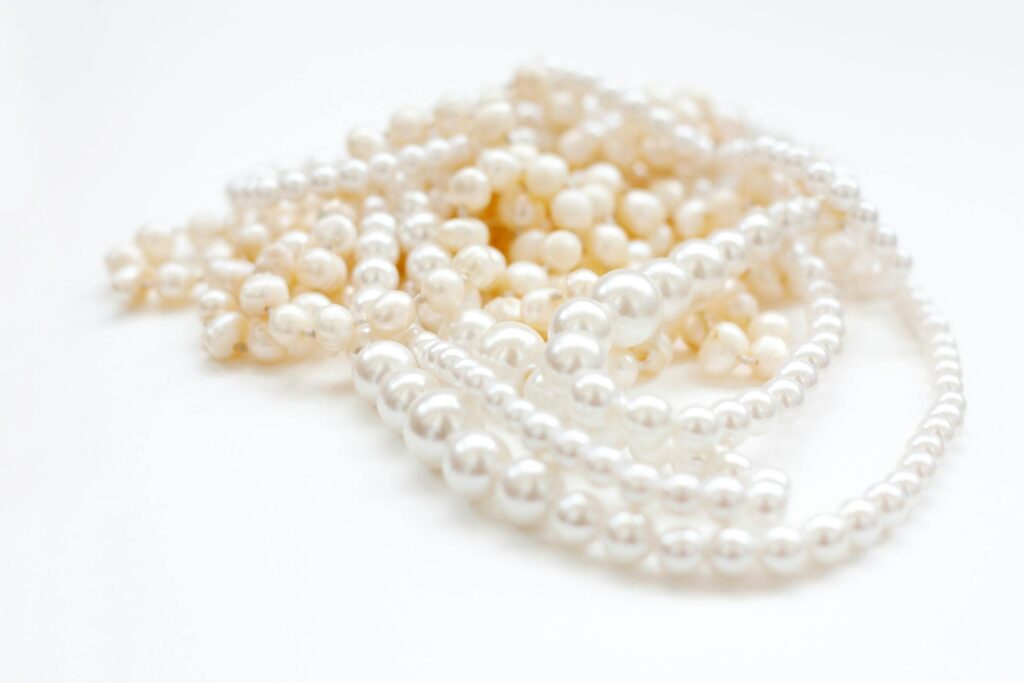
Fact 2: Oil is now the backbone of Bahrain’s economy
Bahrain’s oil reserves are smaller compared to some of its Gulf neighbors, but the industry remains crucial. Oil and gas revenues significantly contribute to the national GDP and government budget, fueling various development projects and economic activities. The Bahraini government has recognized the need for economic diversification to reduce its reliance on oil. The government has actively invested in developing the tourism sector as part of its broader economic diversification strategy.
Fact 3: Bahrain is an archipelagic state
Bahrain is an archipelagic state, consisting of a group of islands situated in the Persian Gulf. The kingdom is primarily composed of Bahrain Island, the largest and most populous island, along with several smaller islands and islets.
Geographically, Bahrain is located off the eastern coast of Saudi Arabia and is connected to the mainland by the King Fahd Causeway. This strategic position has historically made it an important trading and cultural hub in the region.
The archipelagic nature of Bahrain contributes to its unique coastal landscape, characterized by sandy shores and shallow waters.
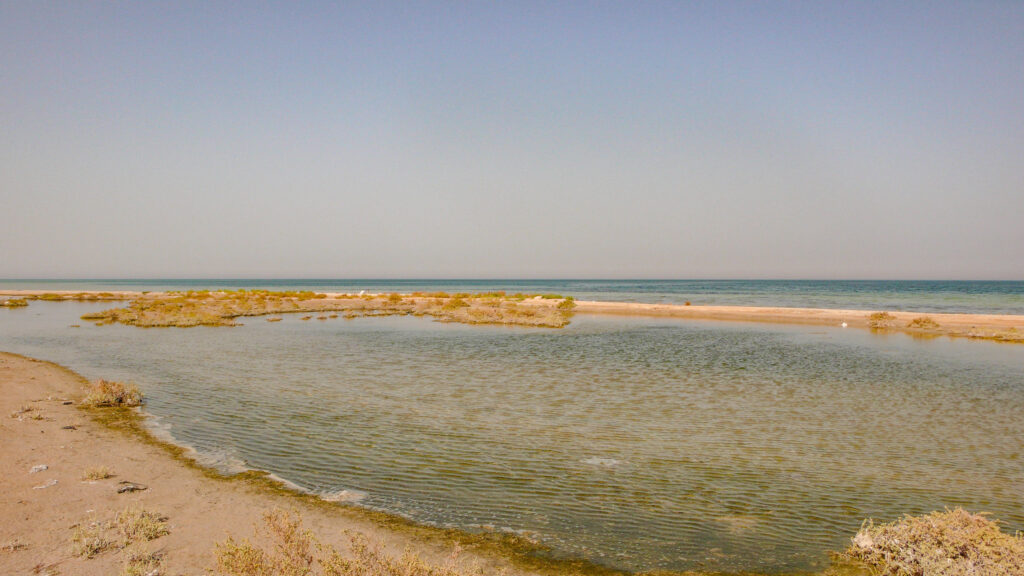
Fact 4: Bahrain was the capital of an ancient empire
Bahrain was once the center of the ancient Dilmun civilization, a significant empire in antiquity. Dilmun thrived from around 3000 to 600 BCE and was a crucial trading hub between Mesopotamia, the Indus Valley, and the Arabian Peninsula.
Dilmun’s strategic location in the Persian Gulf made it a vital center for trade and commerce. The ancient city of Qal’at al-Bahrain, located on Bahrain Island, was a major urban center and port in the Dilmun empire. Archaeological findings from this site, including artifacts and inscriptions, reveal the empire’s economic prosperity and its role in regional trade networks.
Today, Qal’at al-Bahrain is a UNESCO World Heritage site, preserving the remnants of this ancient civilization and offering insights into the rich history and cultural heritage of Bahrain.
Fact 5: Bahrain builds up territory by reclamation
Bahrain has been actively expanding its territory through land reclamation projects, a practice driven by the country’s limited natural land area and growing economic needs. One of the most notable reclamation projects is the development of Bahrain Bay, a major waterfront district in Manama. This project aims to enhance the country’s urban infrastructure, including commercial, residential, and leisure facilities.
Another significant reclamation project is the expansion of the Bahrain International Airport and the construction of the artificial islands for the Bahrain Financial Harbour, which serves as a major business and financial hub.
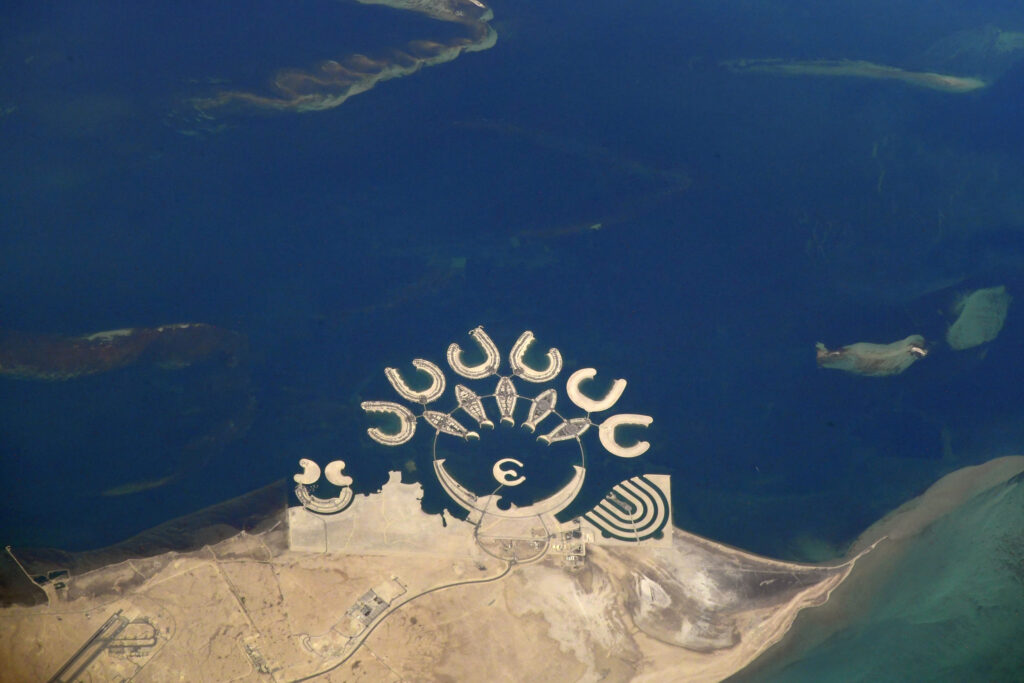
Fact 6: Bahrain has the famous Tree of Life
The Tree of Life (Shajarat al-Hayat) is one of Bahrain’s most intriguing natural landmarks. This solitary tree, a mesquite tree (Prosopis cineraria), stands in the desert of Bahrain’s southern region, approximately 2.5 kilometers (1.5 miles) from the nearest natural water source.
Despite the arid environment and harsh conditions, the Tree of Life has thrived for over 400 years. Its resilience in the face of extreme dryness and its seemingly isolated location have made it a symbol of endurance and mystery. The tree reaches a height of about 9 meters (30 feet) and has become a popular tourist attraction, drawing visitors curious about its survival and the legends that surround it.
Fact 7: Bahrain is home to the world’s largest underwater park
Bahrain is home to the world’s largest underwater park, known as The Bahrain Underwater Park. This innovative project covers an area of approximately 100,000 square meters (about 25 acres) and is designed to offer a unique diving experience.The park features a range of artificial and natural underwater attractions, including sunken structures, marine life habitats, and a variety of artificial reefs designed to promote marine biodiversity. One of its main highlights is the submerged Bahrain Pearl Bank, an artificial reef created from a sunken ship and various structures that serve as habitats for marine species.
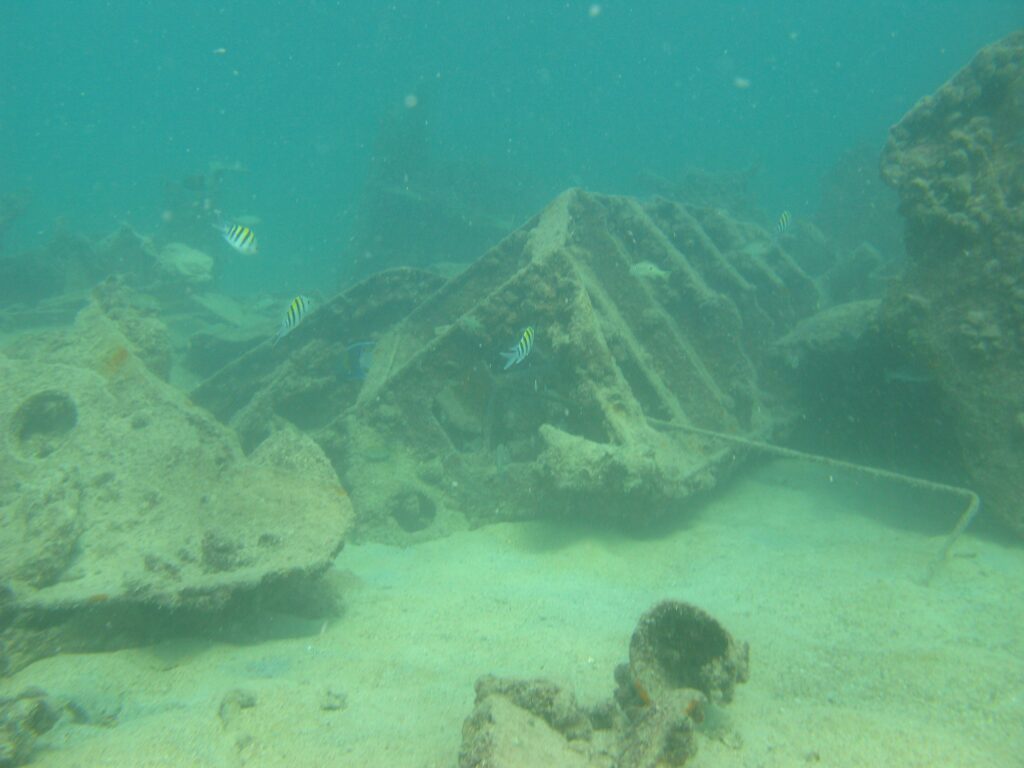
Fact 8: Before the advent of Islam, Christianity was the dominant religion in Bahrain
Christianity spread to Bahrain through the influence of early missionary work, particularly from the Nestorian Christians, who were active in the region during the early centuries of the first millennium. The presence of Christianity is evident in historical records and archaeological findings, including remnants of ancient Christian churches and inscriptions.
However, with the rise of Islam in the 7th century, Bahrain, like much of the Arabian Peninsula, transitioned to the Islamic faith. The spread of Islam gradually replaced Christianity as the dominant religion in the region, and today, Islam remains the predominant faith in Bahrain. The historical Christian presence is a testament to the island’s rich and diverse religious heritage.
Fact 9: More than half of Bahrain’s population are expats
In fact, expatriates make up about 52% of the country’s total population. Bahrain’s relatively small size, combined with its economic development and status as a financial and cultural hub in the Gulf region, has attracted a large number of foreign workers and residents. These expatriates come from various countries, particularly from South Asia, Southeast Asia, and other parts of the Middle East, and they play a significant role in the country’s economy, particularly in sectors like construction, finance, and hospitality.
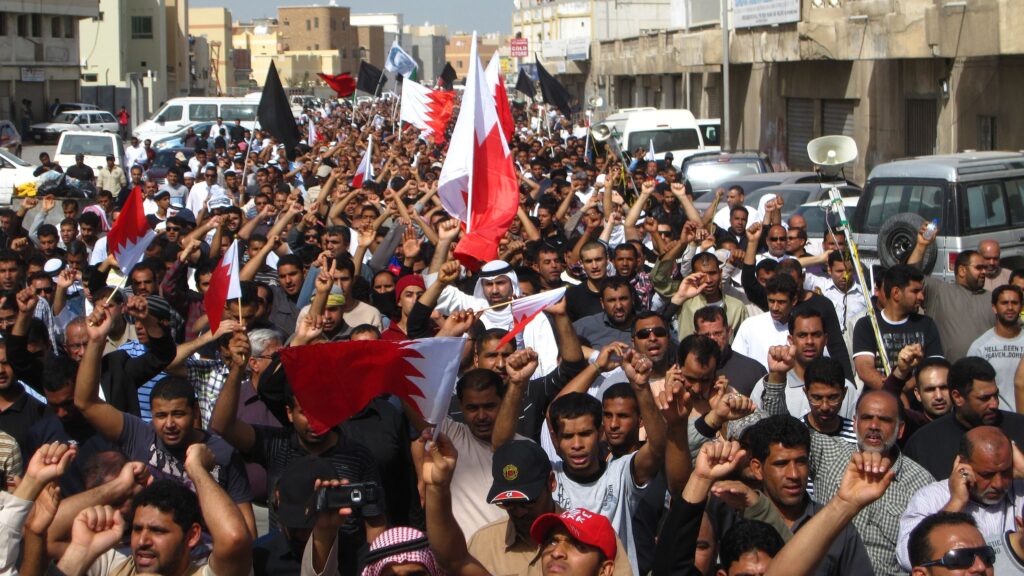
Fact 10: Bahrain is like Las Vegas for the Saudis
Bahrain is often compared to Las Vegas for Saudis due to its more relaxed social environment and liberal attitudes compared to neighboring Saudi Arabia. Many Saudis visit Bahrain to enjoy activities that are restricted or prohibited in their home country, such as entertainment, dining, nightlife, and events. The island nation is a popular weekend destination for Saudis, especially since it is easily accessible via the King Fahd Causeway, which connects Bahrain to the Eastern Province of Saudi Arabia.
Note: If you plan to visit the country, check if you need an International Driving Permit in Bahrain for renting and driving.

Published August 18, 2024 • 6m to read

